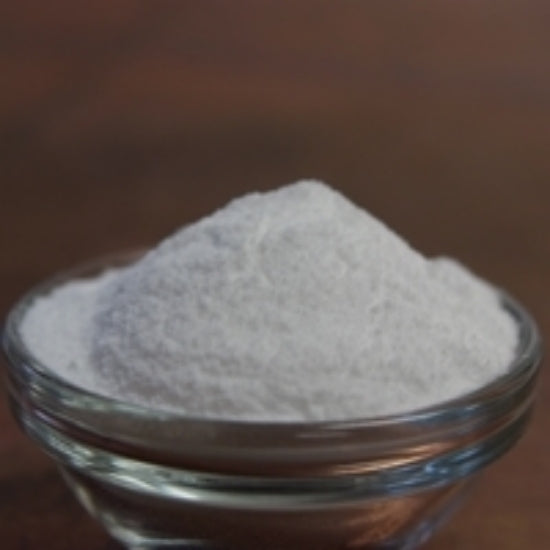Description
Fungal α-amylase is a powder fungal alpha-amylase from Aspergillus oryzae. Made with technology from DSM
Usage varies. 1tsp. Breaks 1,4 linkage in starch during liquefication, producing dextrin and a small amout of maltose.
Leaves 1,6 links, therefore self-limiting. Use if you have a starch problem in storage, or in light beers
Fungal α-amylase allows brewers to produce highly attenuated beer through the the conversion of grain starch into fermentable sugars, mostly maltose. Fungal α-amylase helps to ensure that starch conversion is complete during mashing, thereby allowing the expected final attenuation to be attained.
Benefits to using Fungal α-amylase:
– Fungal α-amylase aids in the production of maltose, allowing for a high degree of attenuation to be attainable in beer.
-Fermentation that has become “stuck” can be stimulated with Fungal α-amylase so that the expected attenuation can be achieved.
-Starch/dextrin turbidity in the finished beer is prevented by Fungal α-amylase.
-Organoleptic properties of the beer remain unchanged with the use of Fungal α-amylase.
APPLICATION
Fungal α-amylase is recommended for use in mashing, or in the fermentation/maturation stages. In fermentation/maturation, the recommended dosage is 1-4g/hL (1.2-4.8mL/hL) beer.
In mashing, Fungal α-amylase is active up to 60°-65°C(140°-149°F) and has optimal activity in the range of 52°-62°C (125°-144°F). The enzyme is completely deactivated above 70°C (158°F).
Recommended dosage in the mash is 200-1000g/tonne (240-1200mL/tonne)
This product is particularly appropriate for use at temperature and pH conditions typical for fermentation and is also active at 0°C. If the product is used only for reduction of turbidity the addition should take place in maturation vessel.
Made with technology from DSM

